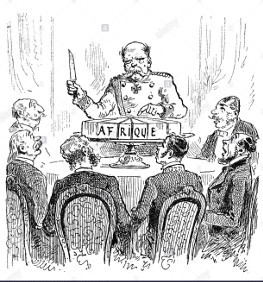We had our monthly meeting in the Alliance Française on Kildare Street. Imagine, it’s been thirty years since I passed through its doors!
The theme for the meeting was dystopia but it was clear to me the our membership are living utopian retirements. Indeed, Eugene’s world was so utopian that he came to find out if people actually wrote about dystopia.
Michael offered us Arthur Koestler’s Darkness at Noon and we marvelled at the kind of idealogical madness that causes people to condemn themselves for the cause. Richard gave us Emily St. John Mandel’s Station Eleven about a global pandemic which he described as “unputdownable” and Eugene was quick to snap it up. I note it’s being developed into a TV series. (I should have thought to recommend he play Pandemic, a cooperative boardgame.)
Tony produced two classics, (Kafka’s The Trial and Huxley’s Brave New World) but preferred to talk about the decline of democracy in the world we actually live in. David gave us Tom Wall’s Dachau to the Dolomites, on how the Nazi’s treated special prisoners as bargaining chips as they saw the end approaching. Don produced Sven Lindqvist’s Exterminate All the Brutes about the horrors of colonialism in 19th century Africa and how it was reflected in literature. Richard decided to try it out.
After some derogatory remarks by Don, it was suggested that the theme for the next meeting (postponed to May) will be, Best Book by a Woman Author. Richard assures me this is not an oxymoron 🧐.

 What a great read! I was well prepared for this book. I’ve read Conrad‘s Heart of Darkness, H.G.Wells’ War of the Worlds and Adam Hochschild‘s King Leopold’s Ghost. Sometimes I knew what I was reading, sometimes the deeper message eluded me.
What a great read! I was well prepared for this book. I’ve read Conrad‘s Heart of Darkness, H.G.Wells’ War of the Worlds and Adam Hochschild‘s King Leopold’s Ghost. Sometimes I knew what I was reading, sometimes the deeper message eluded me.